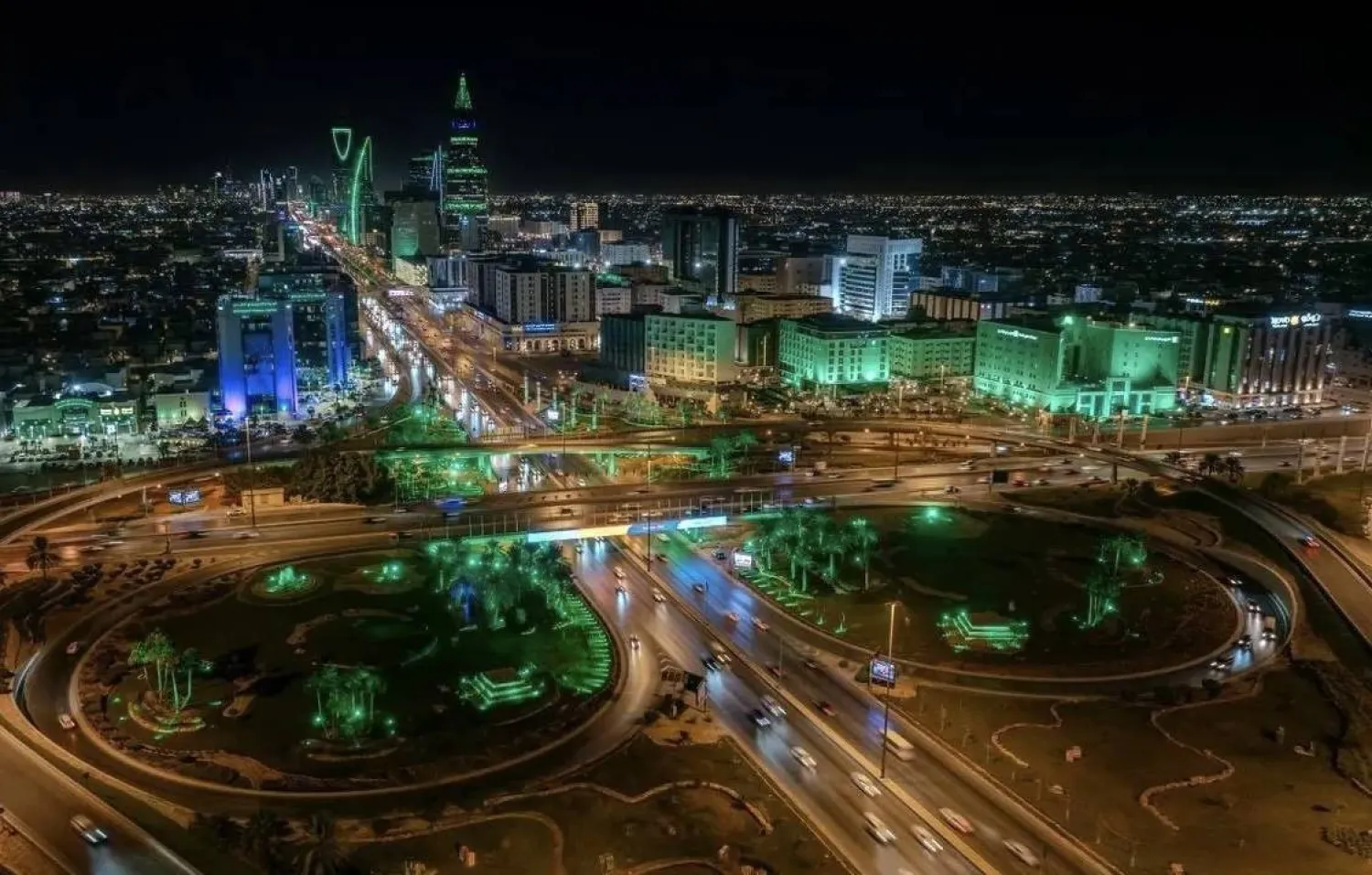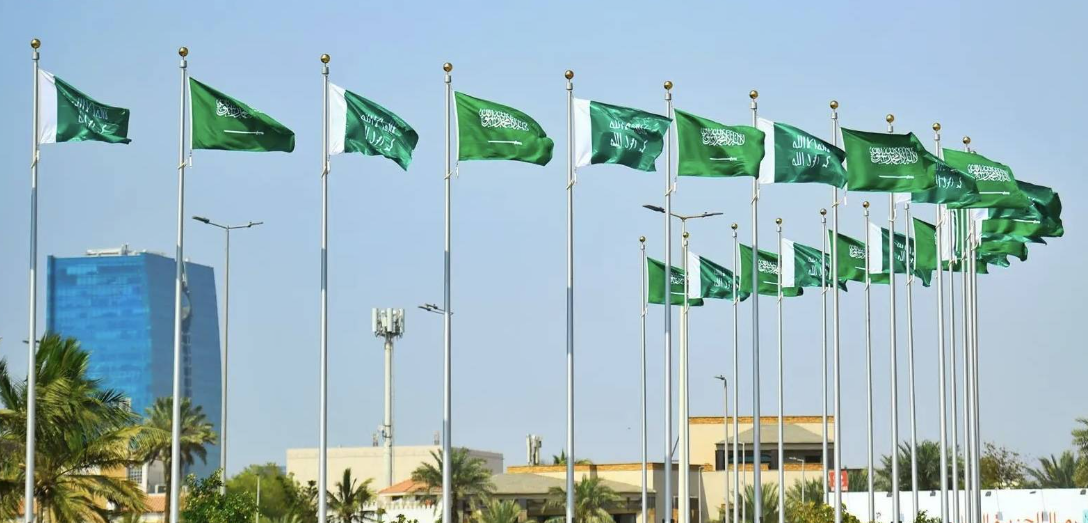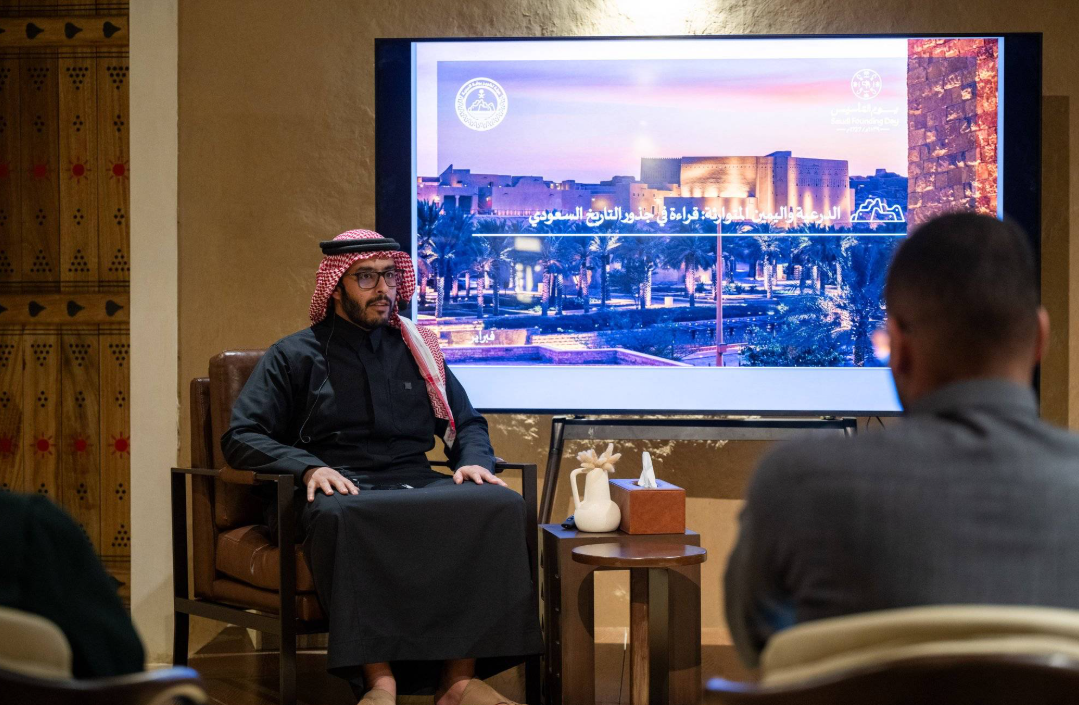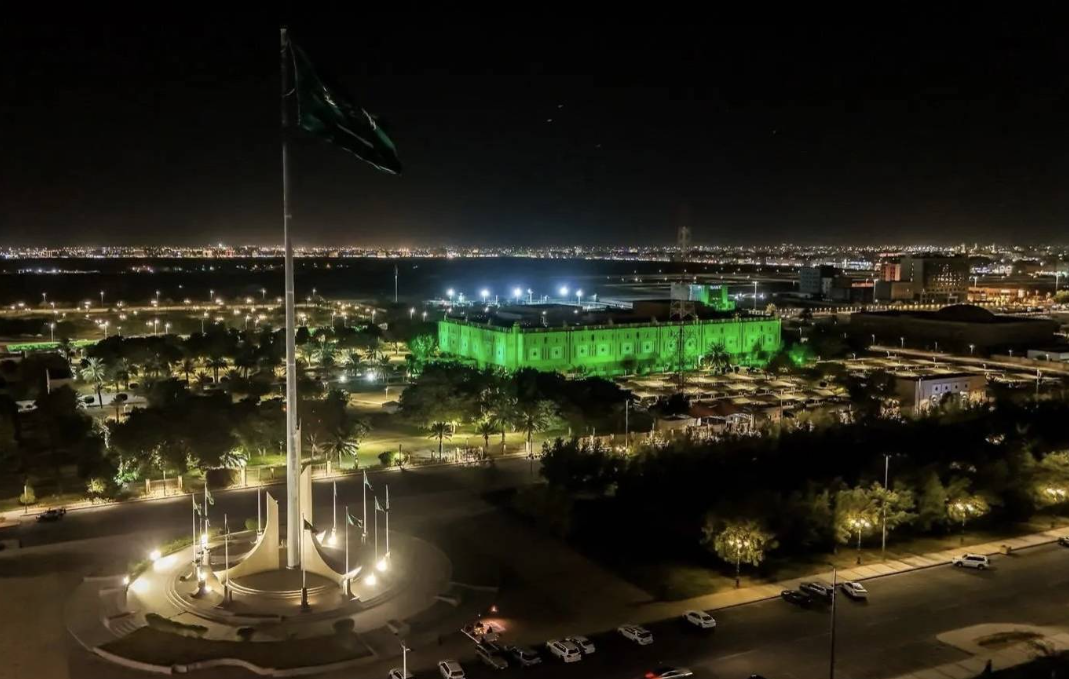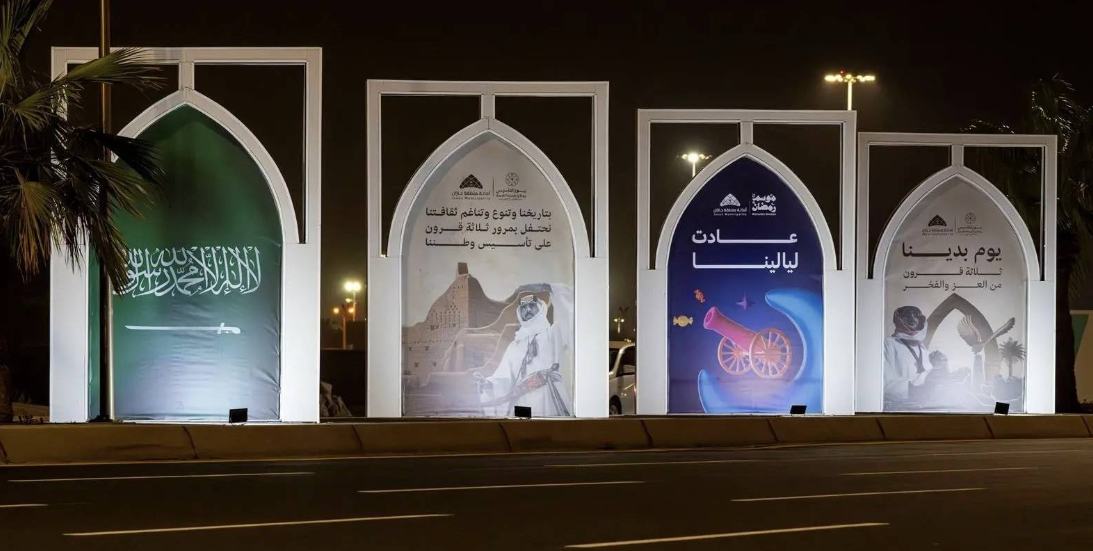Tatiana Hasrouty had always felt safe in her home, a few kilometers away from Beirut port where her father had worked for decades at the facility’s grain silo. But on Aug. 4, the huge chemical explosion that destroyed the structure killed her father and tore her life apart.
Ghassan Hasrouty was in the operations room monitoring the unloading of a grain shipment when the ammonium nitrate that had been stored unsafely for years at the port exploded killing him and over 200 people and destroying large parts of the capital.
“I was sleeping when the blast happened so it was as if my place of safety and rest was no longer there and my father who was my soul... he also was no longer there,” 20-year-old Tatiana said.
Though physically unharmed by the blast that wreaked havoc in her house, she immediately felt a psychological scar and reached out for mental health support.
Psychiatrists, therapists and NGO workers cite a surge in Lebanese seeking psychological care over the past year as the country’s deepening financial crisis combined with the explosion and a global pandemic weigh heavily on the population.
Dr. Georges Karam, head of public relations at the Institute for Development, Research, Advocacy and Applied Care (IDRAAC) says the center, which provides free mental health care, had seen a fourfold increase in patients since the financial crisis erupted in Oct. 2019.
Even more sought help in the weeks following the blast, when around 20 patients a day approached IDRAAC’s walk-in clinic.
Dr. Karam says he still sees at least three patients a week with mental trauma directly related to the blast.
Around 90% of patients who experience such trauma get better in a few months, but for 10% the effects linger for years and funding for free treatment is running scarce, he said.
“The problem going forward is what to do now as we know a lot of people still need help,” he said.
Noelle Jouane, a mental health program manager at the Bekaa unit of Medecins du Monde, which provides medical care, also noted the surge.
Prior to the financial crisis and the blast 80% of their patients were refugees or foreigners, but now most are Lebanese.
“When someone receives a hit, first you don’t really feel the pain but after a few days it starts to hurt,” Jouane said.
For those who can’t access free mental health services, paid treatment is often out of reach as few insurers reimburse it.
Terrible situation
Lebanon’s economic meltdown has seen its currency lose over 90% of its value in less than two years plunging more than half of the population into poverty.
Worsening shortages of basic goods including fuel and medicine have made daily life a struggle for many with parts of Beirut still looking like a bomb site.
“People are in shock, they don’t know where to go and what to do … the fear of not finding resources… it’s like someone is suffering and can’t see the light at the end of the tunnel,” Jouane said.
Shortages of medicines have affected psychiatric patients who could relapse and need hospitalization, experts warn.
“I saw 17 or 18 patients one day and all had the problem, they couldn’t find their medication and more than half have been taking half the dosage to ration what is remaining,” Dr. Karam said.
“It is a terrible situation.”
Joumana Ammar, a child and adolescent psychotherapist at the American University of Beirut Medical Center said she has treated many children over the past year experiencing symptoms such as separation anxiety and bed-wetting as a result of the blast.
A teenage patient saw their health condition worsen when they couldn’t find their prescription medicine in pharmacies, Ammar said.







